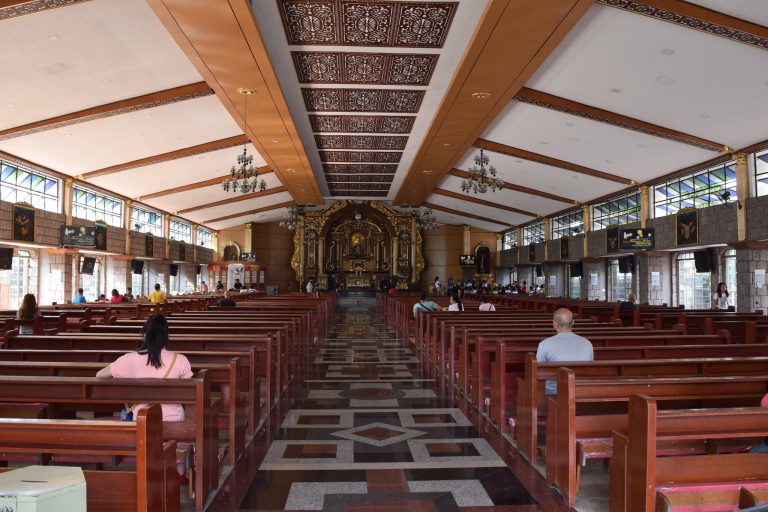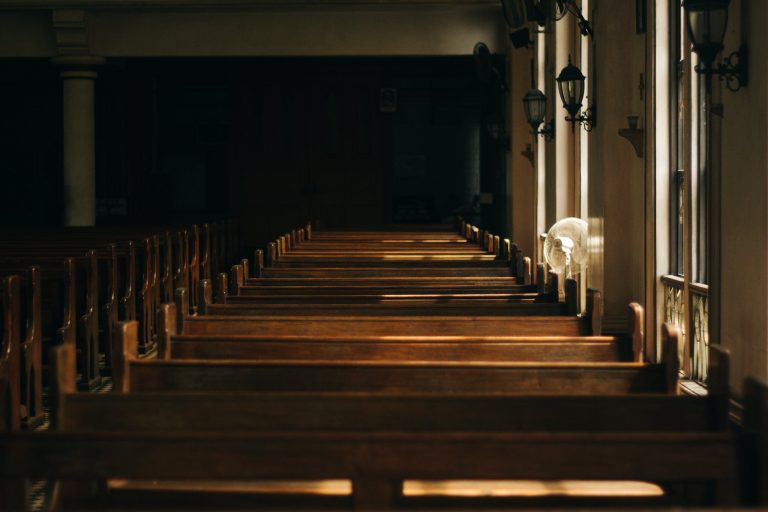Why I Left the Episcopal Church? Here Is My Story
I was a devout Episcopalian for over 20 years before I made the difficult decision to leave the church. As a lifelong member and even a former vestry member, it was an extremely tough choice for me that was years in the making. However, several core reasons ultimately led me to conclude that I could no longer, in good faith, remain a part of the Episcopal Church.
Changes in Doctrine and Liturgy
I struggled greatly with many of the changes I witnessed in the Episcopal Church over the past couple of decades regarding essential doctrine and liturgical practices.
Shifting Stances on Key Issues
One major challenge was that I felt key Episcopal doctrine and teachings had shifted significantly from the traditional, biblically-grounded stances I was raised on. There seemed to be an increasing alignment with more progressive ideologies rather than time-tested scriptural principles on critical issues like:
Gender Identities
The movement to eliminate gendered language when referring to God and humankind and embrace gender neutrality also did not align with my understanding of biblical truths.
Salvation
I was concerned about what appeared to be a growing tendency to soften the teachings on sin and the necessity for repentance and salvation through Christ alone. The wider basis for salvation concerned me.
Liturgical Revisions
I also took issue with numerous changes being made to the Book of Common Prayer and the introduction of alternative or experimental liturgies in many churches. The theological implications behind some of these liturgical innovations did not resonate with me. I yearned for the poetic beauty and scriptural integrity of more traditional services.

Social Justice Above Spiritual Development
Another significant factor in my discontent was that social justice initiatives, inclusion efforts, and progressive political activity seemed to be overshadowing the preaching of the Gospel and the spiritual development of parishioners in many areas of the Episcopal Church.
Emphasis on Temporal over Eternal
In my opinion, activism around social, economic, and environmental causes eclipsed the eternal truths of scripture. Noble goals to support the marginalized and advocate for justice are important but can too easily take priority over the ultimate message of salvation. I felt uneasy about the trajectory.
Partisan Politics
I also believed the Episcopal Church was drifting into partisan politics and progressive ideology in ways that could alienate more conservative members. The church seemed to be losing sight of its primary mission: to share the good news with all people. I struggled with this as someone with more moderate political views.
Leadership and Governance Issues
Problems with church leadership and governance compounded my worries about the above shifts and added to my dissatisfaction.
Out of Touch Hierarchy
In general, I felt that many bishops and church leaders had lost touch with parishioners in the pews. There was a widening gap between the priorities and pursuits of the higher leadership and the daily spiritual needs of average laypeople working to live out their faith.
Unchecked Liberal Drift
I was also concerned that liberal voices and revisionist forces were largely unchecked at higher levels of church governance. This contributed to unrestrained shifts leftward across multiple areas of doctrine and practice. More traditional perspectives were increasingly marginalized.
Financial Mismanagement
Additionally, the mishandling of church funds and lack of financial transparency around legal costs and settlement payments over clergy abuse scandals outraged me. It contradicted the biblical call to stewardship. Some leaders seemed to operate without accountability.
A Painful but Necessary Choice
After praying and wrestling over this difficult situation for years, I finally concluded that, in good conscience, I needed to leave a church I had been so deeply a part of for most of my life. The collective weight of the shifts I witnessed in doctrine, focus, governance, and so many other areas made it impossible for me to continue affiliating with the Episcopal Church.
As painful as it was, I knew I had to move in a new direction and find a church community where I felt spiritually fed, fully aligned, and committed to the mission. My friend invited me to KCCNJ.
In just the few months since I joined KCCNJ, my friend Jim has become my mentor. His wisdom and guidance have greatly eased my transition. I’m now hopeful for the future and excited to keep serving and learning in my new spiritual home. Leaving the Episcopal Church was painful but necessary, and God has led me right where I need to be.







